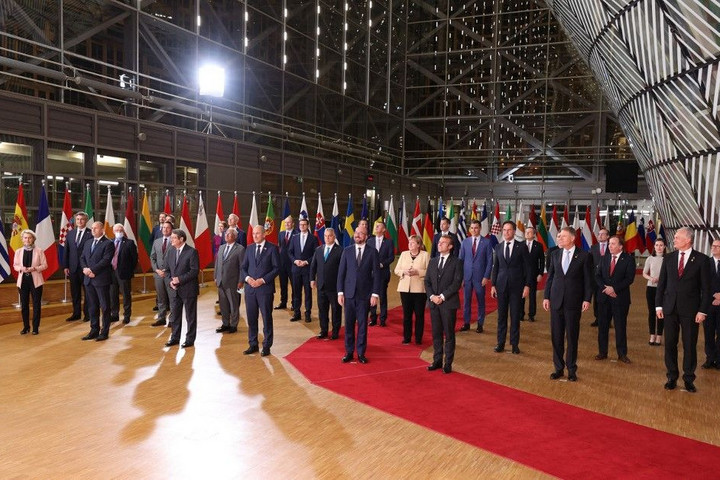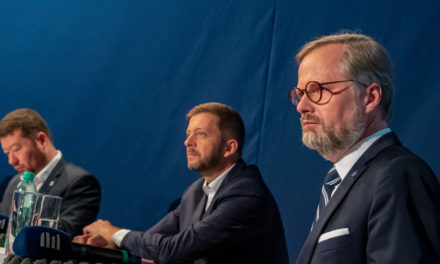For months, two opposing points of view have been clashing between European leaders. According to one point of view, there is no need to change the policy aspirations of the EU, because the crisis is caused by external factors and it is not such a problem anyway that the prices are high (at most, the needy should be supported) - emphasized Olivér Hortay, the analyst of Századvég.
The main argument is that expensive energy forces economic actors to reduce their energy consumption, thus leading to a faster climate transition, he reminded.
The representatives of this point of view would take the EU's existing policy aspirations to a further level: they would introduce a new tax (more precisely: they would expand the ETS system) on the population, they would continue to keep nuclear power plants on the blacklist and they would not touch the record high quota prices, he added.
According to the other point of view, the fact that Europe was not able to adapt to the high energy prices (actually mainly caused by external factors) and drifted into a crisis is due to the faulty policy of the past years.
Therefore, these countries are opposed to the community continuing on the path that has resulted in the unfavorable situation.
According to them, it is not acceptable for the Commission to artificially raise residential prices further with a new tax, because this would have catastrophic social consequences, the analyst pointed out.
Their position is that predictable, own energy production capacities are necessary; for example, it is unacceptable that nuclear power is still blacklisted by Brussels for ideological reasons.
Furthermore, there is also a debate about the quota market, where since the beginning of the year there has also been a more than two-fold increase.
According to one party, this explains only 20 percent of the increase in energy prices, so there is no need to touch the system.
According to the other party, this 20 percent (the price of electricity was over 300 euros/MWh yesterday, i.e. 20 percent more than the price of 30-40 euros a year earlier) is also a huge burden, and the increase is partly due to speculation, thus, at least temporarily, changes would be necessary.
The debate is deepening, and the prices are rising - Olivér Hortay concluded his article. Hungary is trying to break these down by cutting utilities and other measures.
Source and image: magyarhirlap.hu













